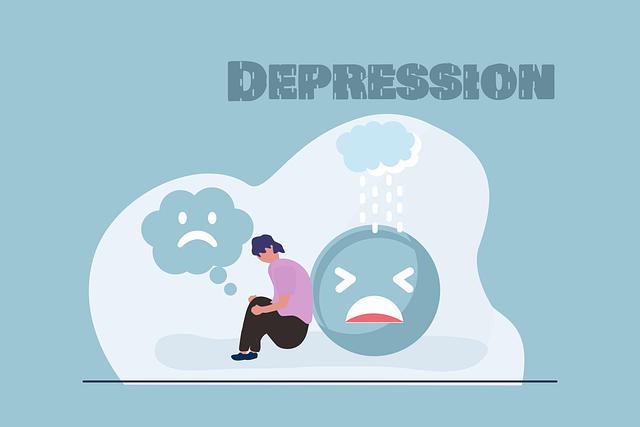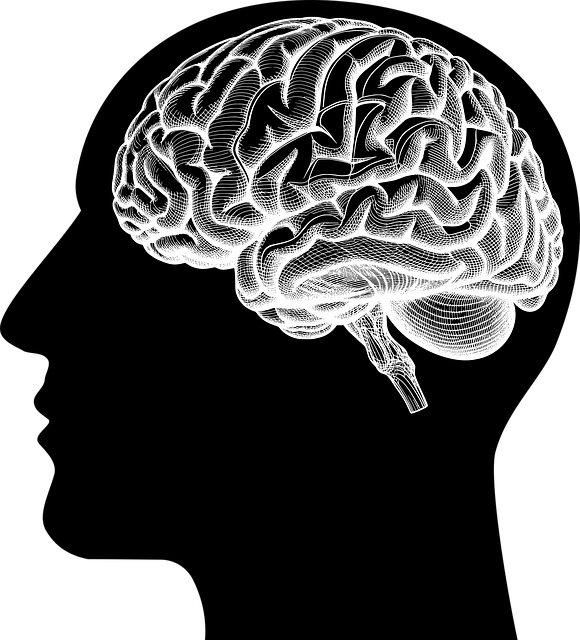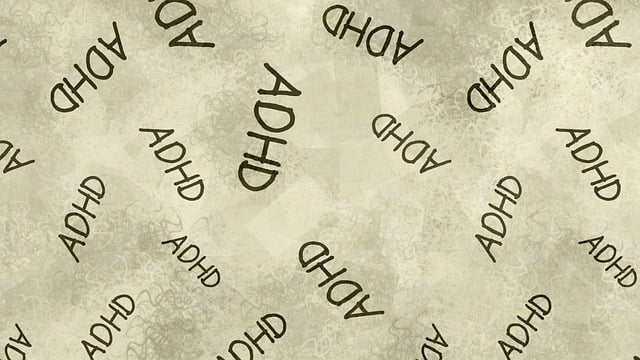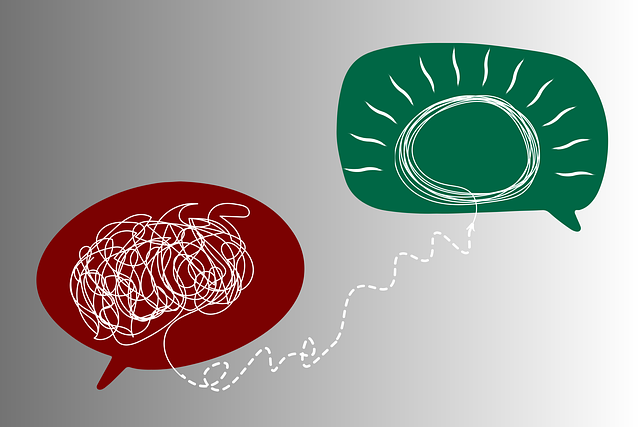Mental wellness is a vital aspect of young adults' lives, especially those navigating their cultural and professional identities. For French-speaking individuals, accessing Therapy for Young Adults French Speaking tailored to their linguistic needs is crucial to address unique challenges like cultural experiences, identity issues, and language barriers. This includes encouraging self-care practices, boosting self-esteem through mental wellness podcasts, and promoting resilience, life satisfaction, and a sense of belonging in supportive environments that respect cultural and linguistic requirements.
Addressing the disparity in access to such services requires Mental Health Policy Analysis and Advocacy for culturally sensitive programs catering to French-speaking youth. Tailored approaches like CBT, combined with mental wellness journaling, enhance emotional well-being. Building supportive networks through specialized programs and education equips individuals to proactively support each other's mental health. Long-term management involves public awareness campaigns normalizing mental wellness conversations, stress reduction techniques, and online self-help tools accessible in French.
Mental wellness is a cornerstone of overall well-being, especially for young adults navigating life’s challenges. This article delves into crucial aspects of promoting mental health within this demographic, focusing on the unique experiences of French-speaking youth. We explore the significance of early intervention and understanding cultural barriers to accessing support. Additionally, we discuss tailored therapy options, the power of supportive networks, and empowering resources for long-term mental wellness, with a specific emphasis on effective therapy for young adults French speaking.
- Understanding Mental Wellness and Its Significance for Young Adults
- The Unique Challenges Faced by French-Speaking Youth in Accessing Support
- Exploring Effective Therapy Options Tailored to Their Needs
- Building a Supportive Network: Encouraging Open Conversations
- Empowering Tools and Resources for Sustaining Long-Term Mental Health
Understanding Mental Wellness and Its Significance for Young Adults

Mental wellness is a vital aspect of overall well-being, especially for young adults navigating their personal and professional lives. It encompasses emotional health, mental resilience, and the ability to manage stress and challenges effectively. For French-speaking young adults, accessing tailored support can be transformative. Therapy specifically designed for this demographic provides a safe space to explore unique cultural experiences, identity issues, and language barriers that may impact their mental health.
Promoting mental wellness among young adults involves encouraging self-care practices and fostering self-esteem improvement. The French-speaking community can benefit from specialized mental wellness podcast series production, offering accessible resources and sharing effective strategies for coping with common struggles. By prioritizing mental wellness, individuals can enhance their resilience, improve overall life satisfaction, and thrive in a supportive environment that meets their cultural and linguistic needs, including access to therapy for young adults French speaking.
The Unique Challenges Faced by French-Speaking Youth in Accessing Support

French-speaking youth often encounter unique barriers when seeking mental wellness support, particularly in accessing therapy tailored to their linguistic needs. In many regions, services are predominantly offered in the dominant language, creating a divide for those who rely on French as their primary means of communication. This language gap can deter young adults from pursuing necessary care, as they may feel uncomfortable or intimidated by the prospect of expressing their feelings in another language.
The lack of culturally sensitive and linguistically accessible therapy options requires a focused effort towards Mental Health Policy Analysis and Advocacy to ensure equal treatment for all. By promoting and implementing programs that cater specifically to French-speaking youth, we can address burnout prevention and mood management concerns within this underserved population. Such initiatives will foster a sense of belonging and encourage young adults to prioritize their mental health without facing the added challenge of language barriers.
Exploring Effective Therapy Options Tailored to Their Needs

For young adults speaking French, exploring tailored therapy options is essential for effective emotional well-being promotion. Many traditional therapeutic approaches can be adapted to meet their unique needs and cultural contexts. Cognitive Behavioral Therapy (CBT), for instance, has proven successful in boosting confidence and managing anxiety among this demographic. By incorporating culturally sensitive practices, therapists can create a safe space where French-speaking young adults feel comfortable discussing personal challenges and exploring alternative perspectives.
Additionally, integrating mental wellness journaling exercises into therapy sessions can be a powerful tool. This practice encourages self-reflection, fosters emotional awareness, and provides a private outlet for processing thoughts and experiences. With guidance from therapists, these journal entries can offer valuable insights, helping young adults develop coping strategies and enhance their overall mental wellness.
Building a Supportive Network: Encouraging Open Conversations

Building a supportive network is an integral part of promoting mental wellness, especially for young adults. Encouraging open conversations breaks down barriers and creates a safe space where individuals feel comfortable sharing their struggles and seeking help. In many cases, French-speaking young adults may face challenges in accessing mental health services that align with their cultural needs. Therapy for Young Adults French Speaking specifically tailored programs can bridge this gap, fostering inclusive environments and providing specialized support.
Mental health education programs designed to enhance communication and empathy within these networks are invaluable. By equipping individuals with the skills to recognize signs of distress and initiate conversations, we can create a culture that prioritizes mental well-being. Confidence-boosting initiatives and depression prevention strategies, when integrated into these educational programs, empower young adults to take proactive measures for their mental health.
Empowering Tools and Resources for Sustaining Long-Term Mental Health

In today’s fast-paced world, maintaining long-term mental health requires a robust toolkit and accessible resources. For French-speaking young adults, therapy specifically tailored to their linguistic needs can be a game-changer. Many communities are recognizing the importance of public awareness campaigns that highlight mental wellness and encourage open conversations, especially among younger populations. These initiatives foster an environment where seeking help is normalized. Additionally, incorporating practices such as stress management techniques into daily routines empowers individuals to take charge of their mental well-being. Mindfulness meditation, exercise, and connecting with supportive communities are effective strategies for building inner strength and resilience.
Beyond traditional therapy, there’s a growing emphasis on self-help resources and online platforms offering accessible tools for stress reduction and emotional well-being. These resources cater to diverse needs, ensuring that French-speaking young adults can find support tailored to their cultural background and linguistic preferences. By combining professional guidance with personal coping mechanisms, individuals can develop sustainable strategies for managing their mental health over the long term.
Mental wellness promotion among young adults, particularly those in French-speaking communities, requires a multifaceted approach. By understanding the unique challenges faced by this demographic and providing tailored therapy options, such as culturally sensitive support and accessible resources, we can foster open conversations and empower individuals to take charge of their mental health. Encouraging a supportive network and utilizing effective tools ensures that young adults receive the care they need for both immediate relief and long-term well-being, especially in addressing the specific needs of French-speaking youth. Implementing these strategies can significantly impact improving mental wellness outcomes for this vital population.










